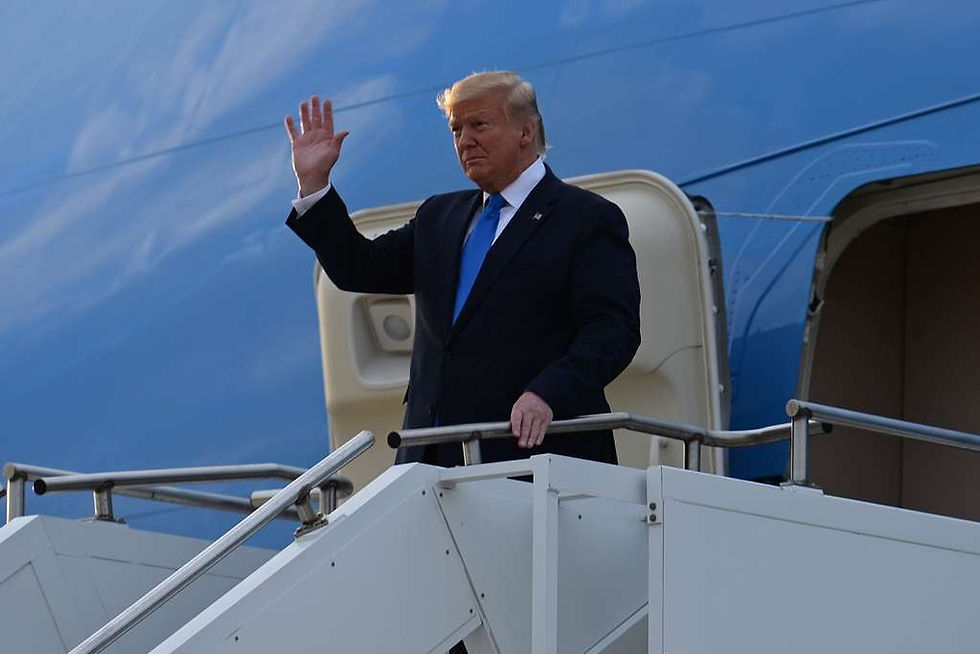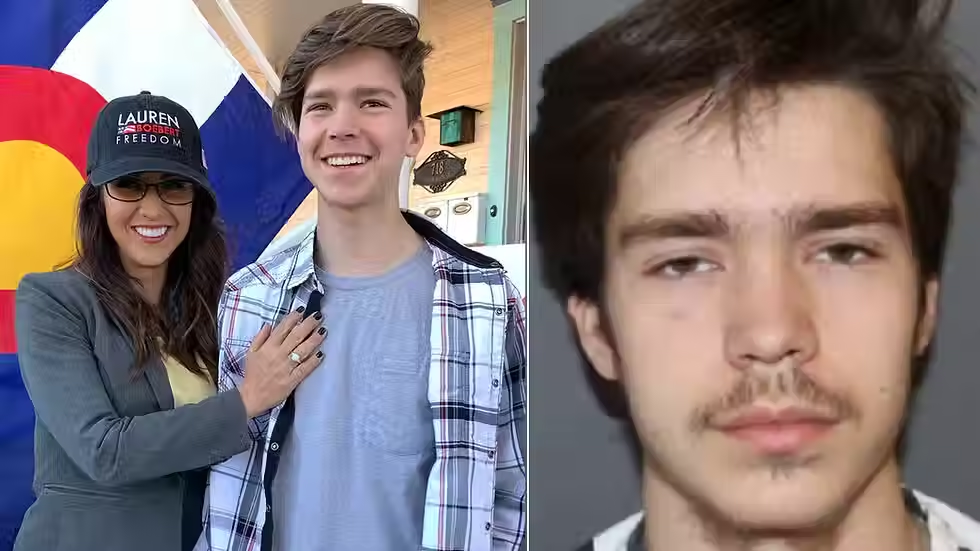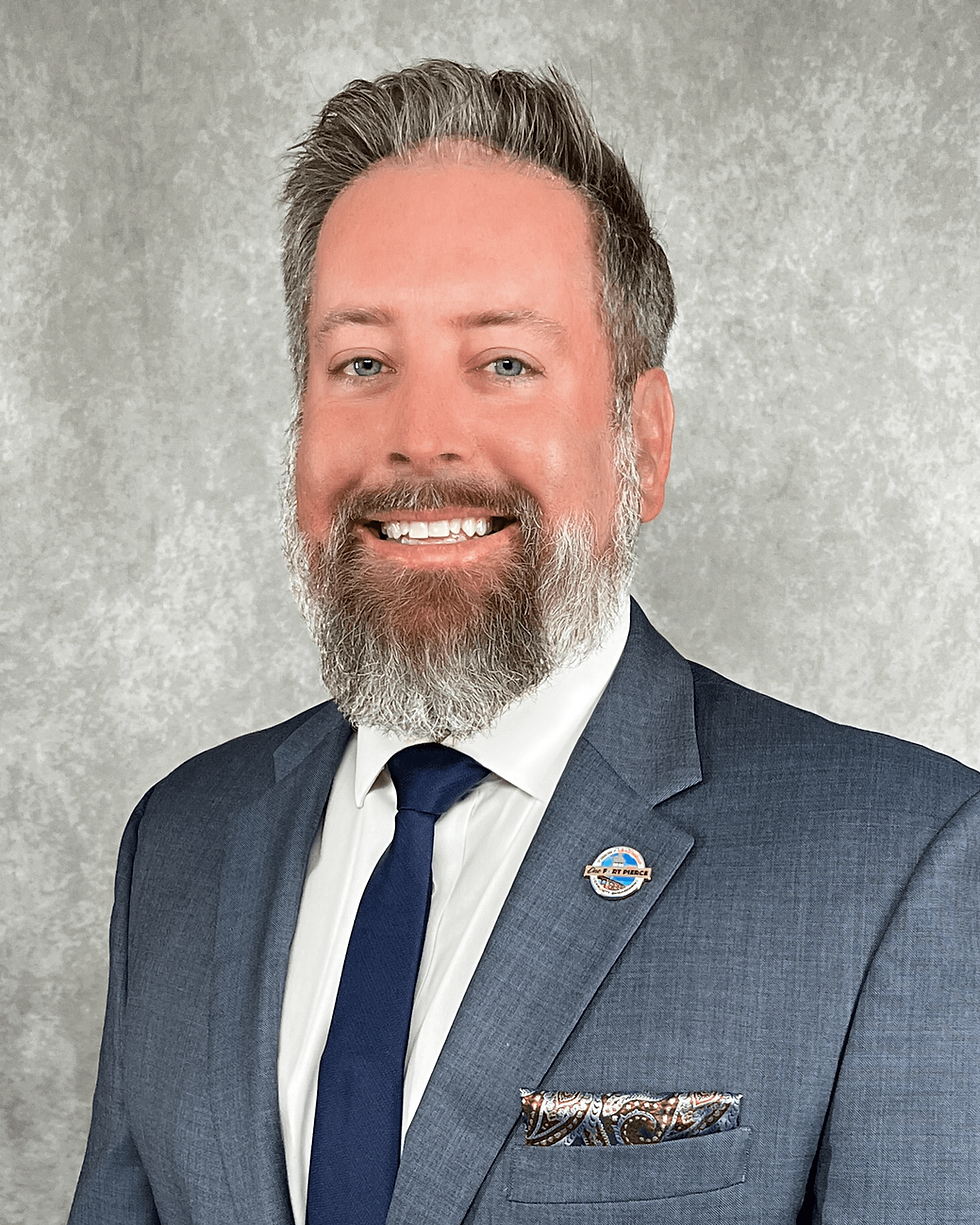Demystifying the Docket - What Else Went Down in DC this Week
- Emily Maiden

- Dec 3, 2023
- 4 min read

Outside of the main legal news of the week – two courts in Washington DC rejecting Trump’s claim of presidential immunity – his attorneys have continued to file conspiracy-ridden motions in that same jurisdiction, full of bizarre claims that give an early indication of what his defense in the J6 federal trial will look like.
The first filing, submitted on Monday, is a motion to compel discovery from a variety of agencies, mostly in the intelligence community. As is now customary, much of the text reads like an extended Truth Social rant, translated into legalese. As well as claiming that the indictment “reflects little more than partisan advocacy designed to sabotage President Trump’s leading campaign for the 2024 President Election” which is “improper and unlawful”, the filing absurdly states that the Special Counsel “has chosen to rely on the views of witnesses who aligned with the Biden Administration’s political viewpoints” – which seems laughable given the number of known witnesses who are either staunch Republicans or former members of the Trump Administration.
Across 37 pages, the defense accuses the Special Counsel’s team of “efforts to suppress and withhold” information that supports Trump’s defense. It reiterates the long-running conspiracy theory that the FBI orchestrated the events of J6 to make Trump and his supporters look bad, most recently articulated by Rep. Clay Higgins, who suggested that federal law enforcement agents sent unmarked ‘ghost buses’ full of informants and FBI personnel to the Capitol to provoke chaos.
The motion also states that “foreign actors stoked the very flames” that the indictment accuses Trump of fanning by lying about the election results and seems to suggest that the 2020 election was rife with foreign influence, including “cyberattacks and other interference, both actual and attempted, that targeted critical infrastructure and election facilities before, during, and after the 2020 election.” Surprisingly, the defense team also cites Russian interference in the 2016 presidential election in an effort to show that Trump is all about election integrity, despite the former president seemingly benefiting from a campaign by RT America, directed by the Kremlin – another assertion made in the filing. These claims, together with a section on the SolarWinds cyberattack, are made in an attempt to show that voting infrastructure was compromised in the 2020 election.
The broad argument is that the Special Counsel’s Office is hiding exculpatory evidence, that is, evidence that shows Trump’s innocence. The second filing, also submitted on Monday, attempts to widen the scope of the prosecution team in an effort to include intelligence agencies and the Department of Defense, amongst others, so that any material they may hold on J6 and the 2020 election becomes discoverable: “While it is true that the prosecution has produced a significant volume of material, it has intentionally and unlawfully declined to search for other exculpatory documents that are in its actual or constructive possession, including materials held by the personnel and entities that have participated in and assisted with the investigations relating to the 2020 election and events on January 6, 2021.”
Both documents accuse the Special Counsel’s Office of failing to carry out its discovery obligations and argue that the “intense national atmosphere of mistrust and anger” and erosion of “public faith in the administration of the election” cited in the indictment were not actually the fault of the former president. They attempt to smear a host of federal officials, including prosecutors, with claims of rabid partisanship – without saying so, the defense is pushing the familiar narrative that the so-called ‘deep state’ is after Trump. As we saw with Covid scientists during the pandemic, the defense tries to hold up the very few dissenting voices – some of whom are unindicted co-conspirators – as speakers of the real truth, while the views of the majority - that there was no outcome-determinative fraud in the 2020 election – are derided as nefarious attempts to oust Trump as part of a larger plot against him.
At this stage, the defense seems to be taking shape: all the people who told Trump the election was secure are partisans who support Biden, so of course he didn’t believe them and instead sided with a handful of others who were telling him he really did win. It’s not Trump conducting election interference, it’s them. Let’s relitigate the 2020 election.
The irony is, even if there was a massive amount of fraud in the election, which there wasn’t, the majority of what Trump and his allies did still wasn’t legal. They tried the legal route at over 60 courts and failed. You don’t then get to submit false slates of electors, signed and fraudulently certified as true, and pretend it’s on the up and up, obstructing an official proceeding (collecting and counting the votes). As Rep. Jamie Raskin said in relation to Trump attorney John Lauro claiming that even if Trump has committed a “technical violation of the Constitution” it wasn’t a violation of criminal law, that’s a “deranged argument”. Rep. Raskin, a Constitutional law scholar, was unequivocal. “He conspired to defraud the American people out of our right to an honest election by substituting the real legal process we have under federal and state law with counterfeit electors…There are people in jail for several years for counterfeiting one vote, if they try to vote illegally once. He tried to steal the entire election.”








Comments